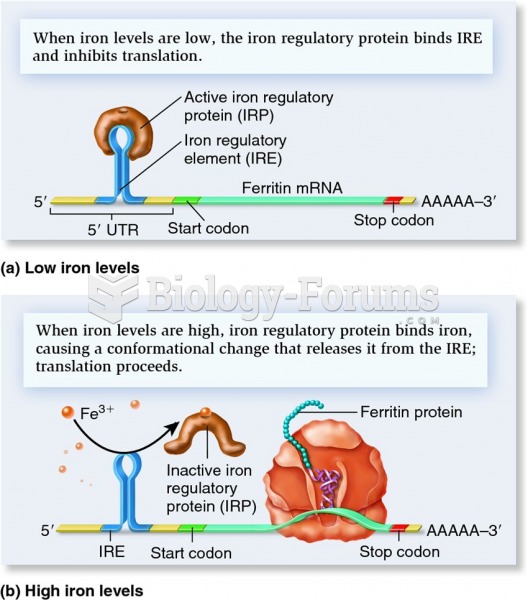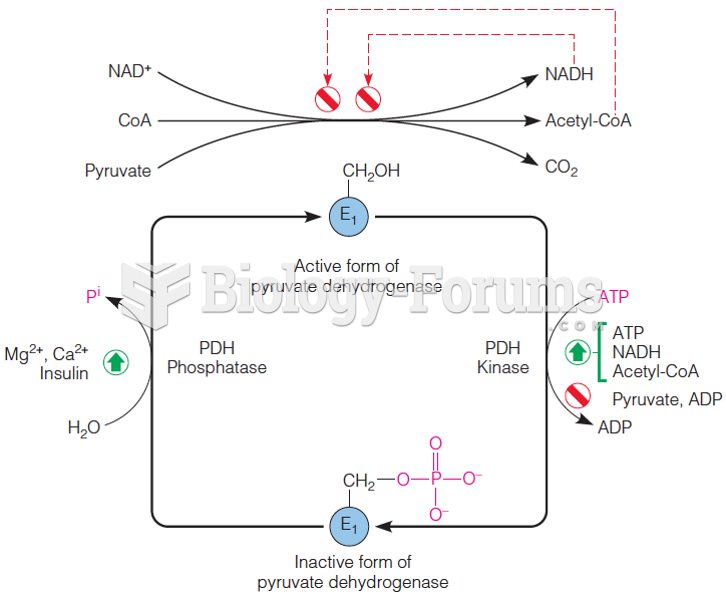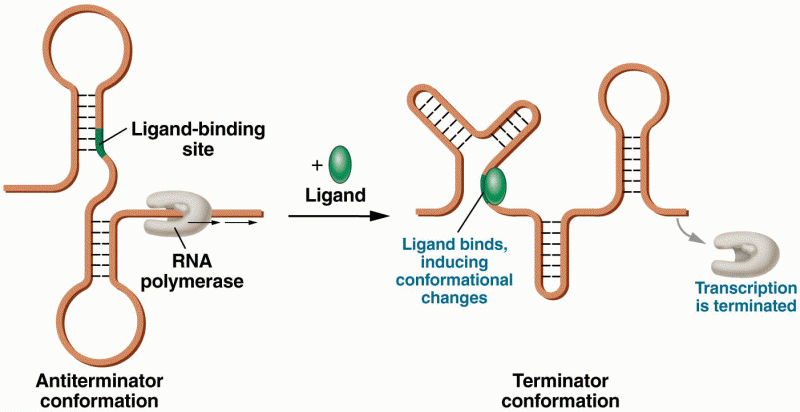|
|
|
People with alcoholism are at a much greater risk of malnutrition than are other people and usually exhibit low levels of most vitamins (especially folic acid). This is because alcohol often takes the place of 50% of their daily intake of calories, with little nutritional value contained in it.
Asthma-like symptoms were first recorded about 3,500 years ago in Egypt. The first manuscript specifically written about asthma was in the year 1190, describing a condition characterized by sudden breathlessness. The treatments listed in this manuscript include chicken soup, herbs, and sexual abstinence.
The calories found in one piece of cherry cheesecake could light a 60-watt light bulb for 1.5 hours.
After 5 years of being diagnosed with rheumatoid arthritis, one every three patients will no longer be able to work.
Between 1999 and 2012, American adults with high total cholesterol decreased from 18.3% to 12.9%







